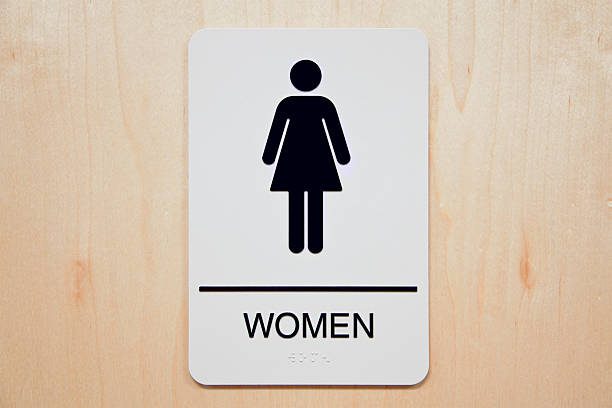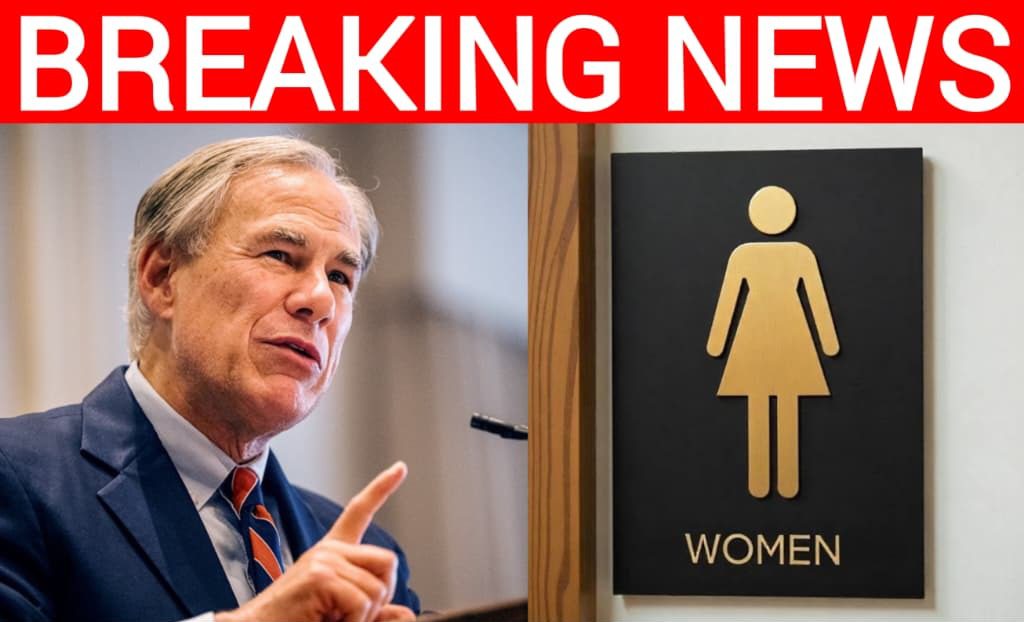Governor Greg Abbott Set to Sign the Texas Women’s Privacy Act Into Law, Imposing Harsh Penalties on Schools, Universities, and Institutions That Violate the Rules
Texas is once again at the center of a national debate, this time over a new piece of legislation that has passed the state legislature and now waits on Governor Greg Abbott’s desk. Known as the Texas Women’s Privacy Act, or Senate Bill 8, the measure has drawn attention across the country because of its sweeping scope and the tough penalties it creates. Supporters call it a matter of safety and privacy, while critics warn it could lead to confusion, discrimination, and lawsuits. Whatever side you stand on, one thing is clear: this bill is one of the most far-reaching of its kind in the United States.

At the heart of the law is a requirement that bathrooms, locker rooms, and other intimate facilities in public schools, universities, prisons, shelters, and government buildings must be used according to the sex listed on a person’s original birth certificate. That means transgender individuals would be legally barred from using facilities that match their gender identity in those public spaces. The law introduces severe financial penalties for institutions that do not comply. Schools and other facilities could face fines of $25,000 for a first violation and up to $125,000 for repeated violations, with each incident treated as a separate offense. The penalties are among the toughest seen in any state so far, signaling that Texas lawmakers intend for this to be a law with teeth, not just a symbolic measure.

Governor Abbott has not yet signed the bill but is widely expected to do so. He has previously spoken in favor of legislation that, in his words, “protects women and children” and ensures that private spaces remain divided by biological sex. Republican leaders in the state have celebrated the bill’s passage as a victory for traditional values, while organizations that lobbied for it say they believe Texas is setting a national standard.
But just as loud are the voices of opposition. LGBTQ+ advocates, civil rights groups, and many Democratic lawmakers have condemned the measure, arguing that it unfairly targets transgender people and puts them at risk of harassment and exclusion. They point out that most documented cases of violence in restrooms have not involved transgender individuals, and they warn that the law may invite costly lawsuits, damage the state’s reputation, and even hurt its economy if businesses and conventions decide to boycott Texas in protest. Those criticisms echo earlier battles in states like North Carolina, which passed a similar bill several years ago and faced intense backlash from companies and sports organizations.
Meanwhile, everyday Texans are left to wonder how this will play out in practice. Questions remain about who will enforce the law, how complaints will be filed, and whether institutions will have to police restrooms to avoid fines. University administrators and public school officials have already raised concerns that the law could put them in difficult situations, torn between state mandates and the need to provide safe, inclusive environments for all students.

If the governor signs the bill as expected, it will go into effect later this year. That would make Texas one of the few states with such a strict law on the books, and almost certainly the one with the largest financial penalties. Supporters will celebrate it as a long overdue measure that protects privacy, while critics will continue to frame it as an attack on vulnerable communities. Either way, it will keep Texas in the national spotlight and deepen the divide in America’s ongoing cultural battles.
What comes next will depend on how the law is enforced, how communities respond, and whether courts decide to weigh in on its constitutionality. For now, Texas has sent a clear message that it is willing to go further than almost any other state in regulating who can use which bathroom, and the effects of that decision are likely to ripple far beyond its borders.


